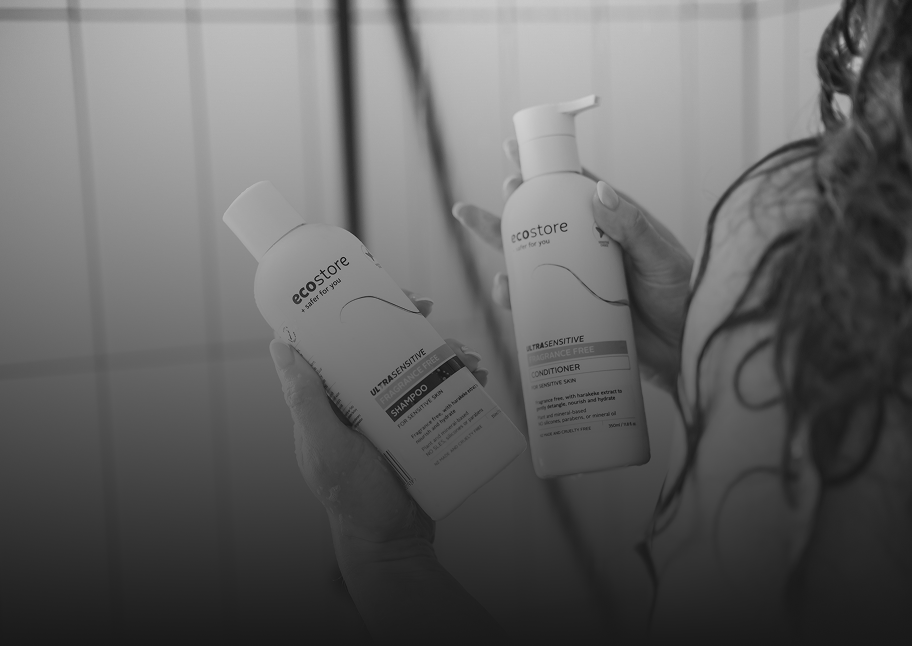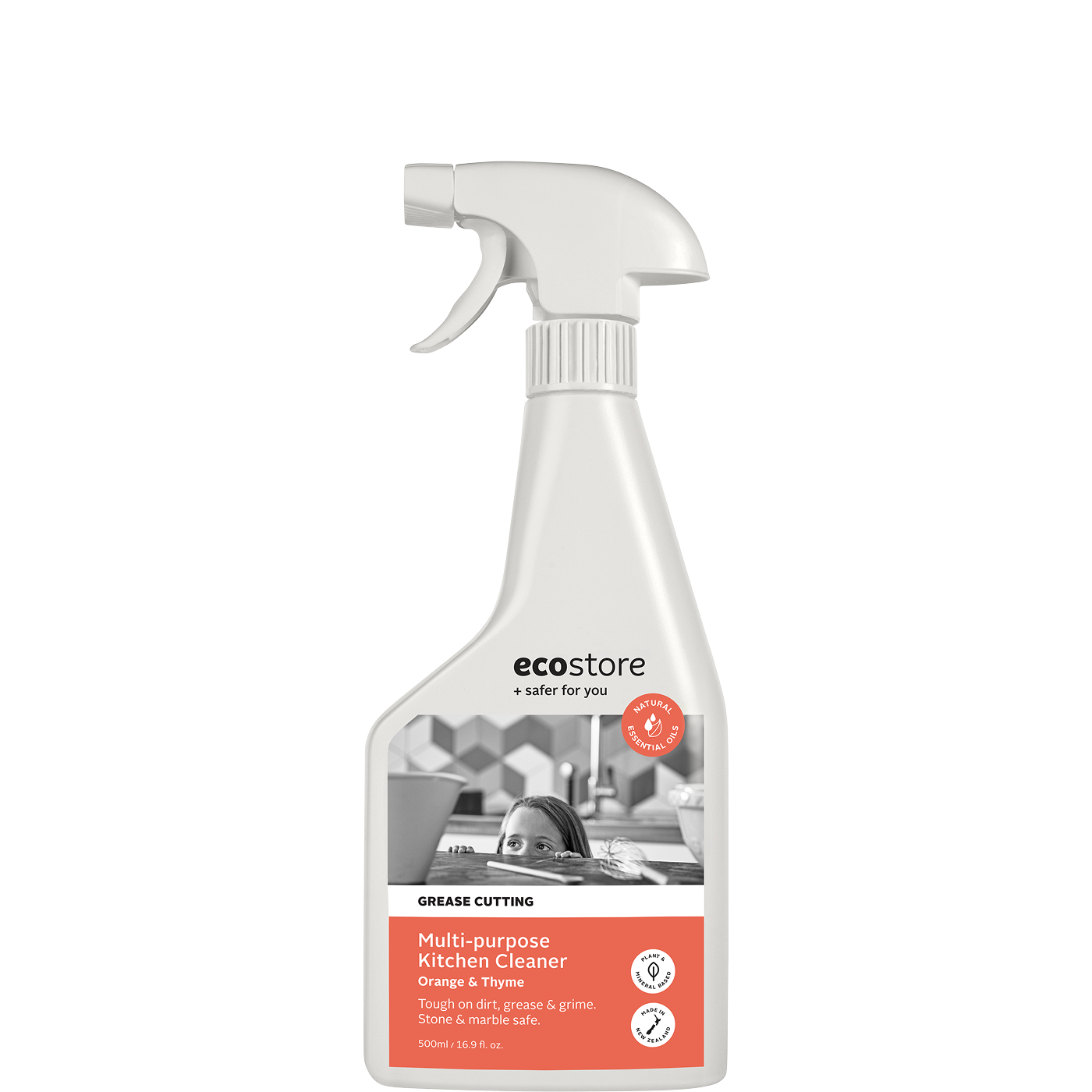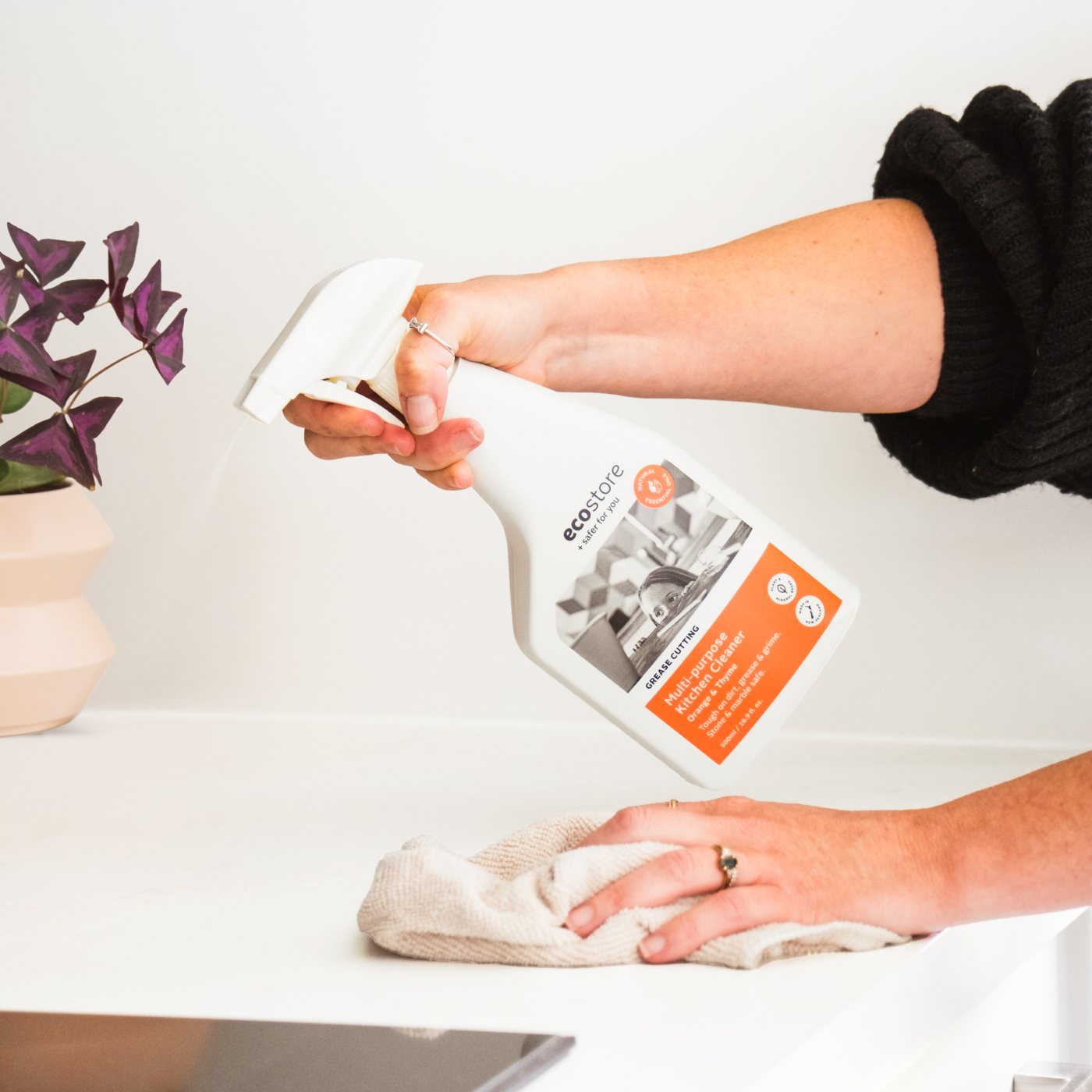Ingredient - Triclosan
Triclosan is an ingredient added to many personal care products as an 'antimicrobial' to kill off bacteria and other microbesii. Triclosan has been shown to be very irritating to the eyes, skin and respiratory systemiv. It is slow to biodegrade and is also toxic to and can bio-accumulate in aquatic organismsx. There is some concern about the potential negative effects of triclosan, including immune system, developmental and fertility effectsvi,vii,viii and hormone disruptance. As a contaminant, triclosan can also very easily enter the body, and has been found in urine, plasma and even in breast milkvii. The efficacy of triclosan is questionable, with no sufficient evidence to suggest its antibacterial effects in products such as hand soap to be more beneficial than non-triclosan alternativesxi. Also, like similar antibacterial-type ingredients, there is concern about the development of resistance in bacteria to antimicrobials, a serious issue that could prove to become a major problem if this resistance is passed on to clinically relevant strainsxii.
REFERENCES:
ii) Triclosan: Applications and safety
iv) Triclosan MSDS Santa Cruz Biotechnology, Inc.
vi) Urinary Concentrations of Triclosan in the U.S. Population: 2003-2004
vii) Triclosan in plasma and milk from Swedish nursing mothers and their exposure via personal care products
viii) Triclosan: What Consumers should Know
x) Biodegradation of Triclosan in Biosolids-Amended Soils
xii) Opinion on triclosan Antimicrobial Resistance
Free shipping on orders over $130
Love me or your money back guarantee
Ingredient - Triclosan






